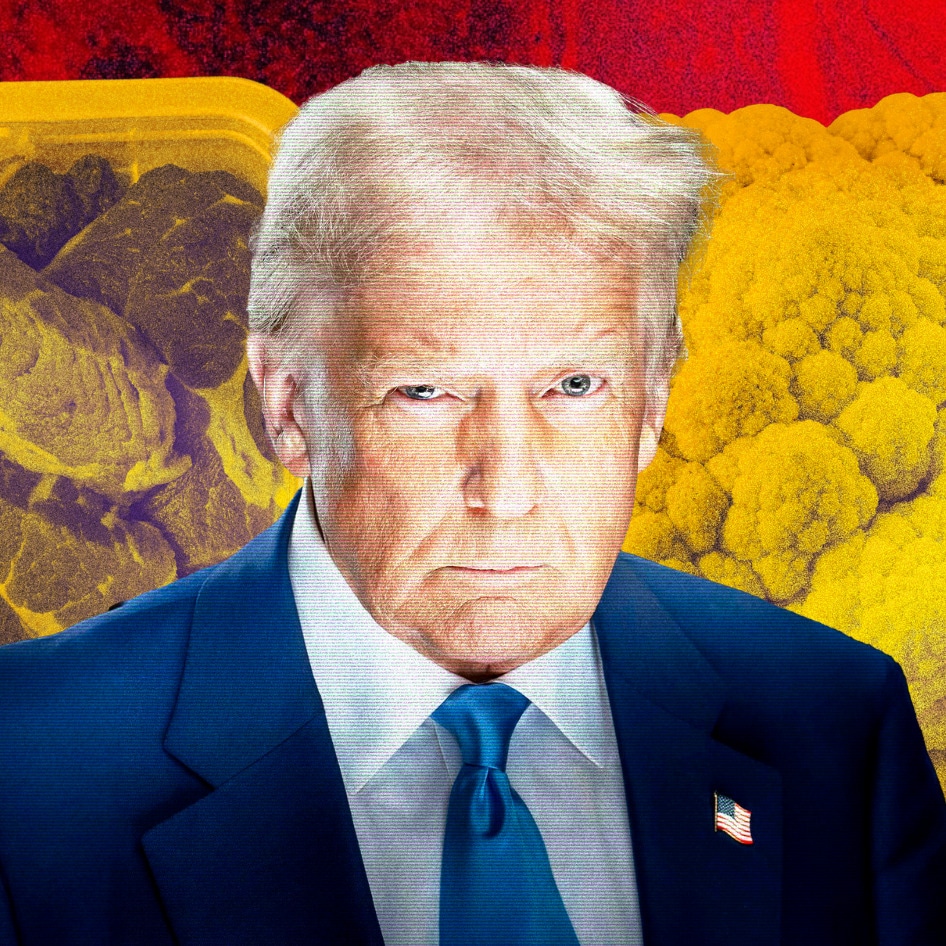Implementing a tax on meat would result in a global increase in healthcare savings and a subsequent decrease in death rates, according to new research published this week in scientific journal Plos One. Researchers calculated the amount that meat would need to be taxed in 149 countries in order to offset the meat consumption-related annual healthcare costs incurred around the world. The study revealed that a 20-percent tax on unprocessed “red” meat and a 110-percent tax on processed “red” meat (such as bacon and sausages) in wealthier nations (with a smaller tax in poorer countries) would result in an annual savings of $170 billion in healthcare costs, saving 220,000 lives worldwide each year. Additionally, taxing these items—which the World Health Organization classified as carcinogenic in 2015—would reduce the amount of meat consumed by wealthier nations from an average of one portion per day to two servings per week, resulting in saving $41 billion in healthcare costs. In order to recoup healthcare costs in the United States, a 163-percent tax would have to be applied to ham and sausages, and a 34-percent tax would need to be imposed on steak. Marco Springmann, the lead researcher of the study at the University of Oxford, explained that when it comes to public health, meat consumption is not a personal choice, as healthcare costs are often covered by taxpayers. “Nobody wants governments to tell people what they can and can’t eat,” Springmann said. “It is totally fine if you want to have [red meat], but this personal consumption decision really puts a strain on public funds. It is not about taking something away from people; it is about being fair.” Based on a number of studies that have linked meat consumption to increased risk of disease, the researchers concluded that replacing meat with foods such as legumes and vegetables would amount to increased healthcare savings and result in other benefits such as reducing greenhouse gas emissions.
JUMP TO ... Latest News | Recipes | Guides | Health | Subscribe







